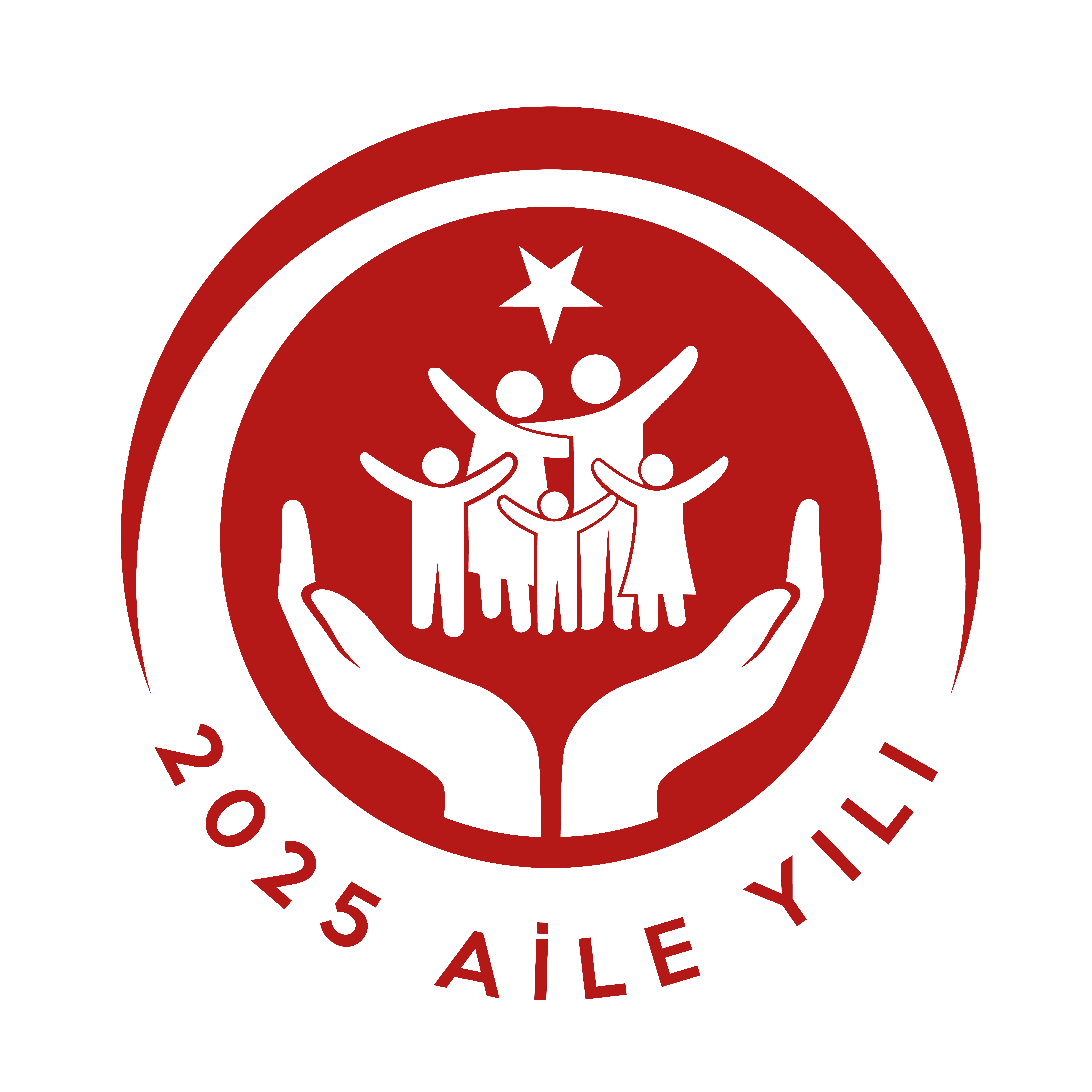
The Ministry of Family, Labour and Social Services prepared a guidebook for parents and the personnel responsible for child care in institutions in the pandemic process.
The Ministry has prepared a new guidebook as a resource for dealing with the life-threatening danger and the accompanying problems such as fear and anxiety posed by the COVID-19 pandemic. The guidebook, prepared to protect children residing in public institutions from the pandemic, includes information on what to do, aims to manage the pandemic period well and it also aims to inform parents and other individuals responsible for child care.
Measures to be Taken to Protect Physical and Psychological Health are Explained
The guidebook primarily points out the importance of getting information from the right source. It also explains the roadmap for the assessment of psychosocial needs, determination of appropriate solutions to be implemented in line with these assessments and the methods to be applied. The measures to be taken and the things to be done for the protection of physical and psychological health are explained in detail and all required steps to be taken from nutrition to physical activity are included.
Children are directly affected by the anxiety in their families
The guidebook also includes expert evaluations regarding the reactions of children and young people of different age groups to anxiety or other psychosocial conditions in this process. Drawing attention to the fact that children under the age of two are directly affected by the concerns of their families or personnel responsible for child care, the guidebook indicates that babies may cry more than usual or want to be held and hugged much more.
Children can display different behaviors depending on their age groups
The guidebook explains that anxiety can lead to a tendency of regression to a younger age in the behaviors of kindergarten children between 3 to 6 years old and that children may exhibit behaviors such as toilet accidents, bedwetting, and fear of separation from their parents or caregivers. It also indicates that children between the ages of 7 and 10 may misinterpret information gathered via communication among pers and accordingly, they may display behaviors such as sadness, anger or anxiety.
The guidebook, in which adolescent children are also discussed, draws attention to the dynamics of this period and it states that children are likely to display withdrawal, unwillingness to communicate with friends, and a controversialist mood.
Suggestions for adults
The guidebook provides information on the methods to be followed by parents and childcare personnel in such cases. Reminding that it is important for adults to listen to children and to accept their emotions in dealing with stress, the guidebook emphasizes the necessity of effective communication and providing direct information to children.
Supervised use of media is one of the preventive measures in managing the process
The guidebook emphasizes that if children and young people, just like adults, are exposed to news about the pandemic excessively, their level of anxiety would naturally increase and limiting the use of media could constitute a preventive measure in managing the process. Underlining the significance of allocating time for children, the guidebook lists the benefits of joint activities in psychosocial and physical development of children. Prepared by professionals and published on the website of the General Directorate of Child Services (https://www.ailevecalisma.gov.tr/chgm/sayfalar/cocuklar-icin-koronavirus-bilgilendirmesi/), some of the suggestions offered by the guidebook are as follows:
* Let your children express their feelings by allowing them to talk about the agenda or to ask questions over the events that have a massive impact such as an epidemic.
* Taking into account their age group and developmental period, let your children express their emotions through drawing, writing or playing games.
* Use “I language” in communication with your children.
* Children internalize the reactions they receive from their parents. If you handle the situations of crisis calmly and confidently, you can create support mechanisms for children to act safely.
* You should get social support to cope with stressful situations. In this process, keep in touch with people you trust, such as family members, colleagues or old friends, via phone, video calls or social media by following the social distancing rules.
* Do not forget that physical distances do not mean that we should remain socially disconnected or isolated. Learn ways to stay emotionally and socially connected, despite physical distances.
* Carry out activities that will help you stay active and in touch as a family.
* Activities suitable for you such as reading, writing, playing games, crossword puzzles, sudoku, drawing or painting keep you mentally active.
* In order to keep in good health and to protect the health of those around you, exercise outside once a day, paying attention to social distancing.
* If you cannot do the things you usually enjoy because of the obligation to stay at home, try thinking about how you can adapt them to home environment or try something new.
* Listen to children and young people so they can cope with stress, let them ask questions.
* Children who lose contact with the outside world for a long time may need psychosocial support. Try organizing online group meetings through a variety of apps in order to have your child speak to his/her friends.
* Instead of denying children’s feelings by telling them that everything is fine, retrace all their worries or questions with them.
The Ministry had previously prepared guidebooks on measures to be taken within the scope of combating the epidemic in care institutions and adoption and foster family services, as well as a guidebook on things to do at home for families and children while quarantined during the pandemic.








